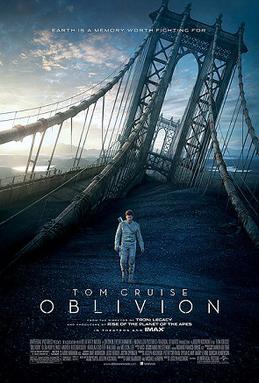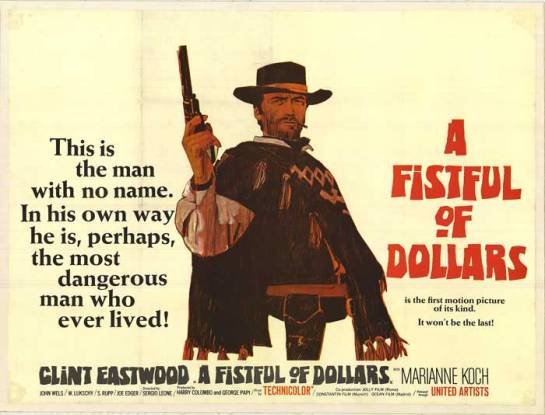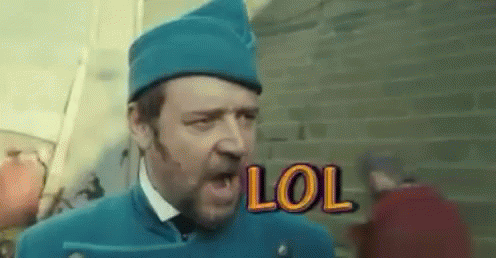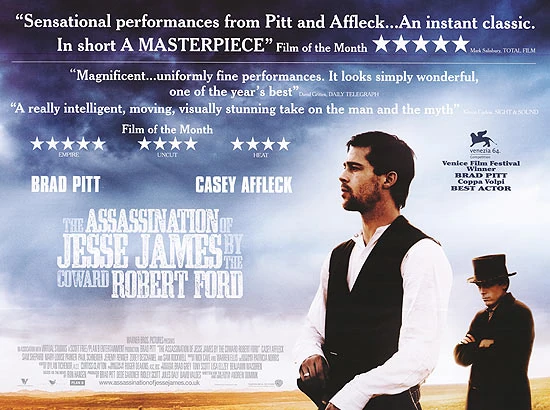 My son makes me watch pieces of these Adam Sandler films now that they are on regular cable rotation, in what appears to be some kind of social experiment. I watch the movies, which masquerade as comedies, and I don’t laugh. My son watches me intently. If I do laugh, which is rare, he mocks me for having laughed. At the end of the endeavor, we shake our heads, and then, when we have time to reflect, we ponder larger questions:
My son makes me watch pieces of these Adam Sandler films now that they are on regular cable rotation, in what appears to be some kind of social experiment. I watch the movies, which masquerade as comedies, and I don’t laugh. My son watches me intently. If I do laugh, which is rare, he mocks me for having laughed. At the end of the endeavor, we shake our heads, and then, when we have time to reflect, we ponder larger questions:
Does Adam Sandler make the least funny movies ever made?
It’s hard to come to any other conclusion but yes. Add Bedtime Stories, Billy Madison, Click, Just Go With It, The Waterboy, Little Nicky, 50 First Dates, You Don’t Mess with the Zohan, Mr. Deeds, I Now Pronounce You Chuck and Larry, Bulletproof, Anger Management, and Big Daddy. There’s barely a laugh in any of them, though I am partial to some parts of Happy Gilmore, and The Wedding Singer was cute. But that was 1996 and 1998, respectively.
Does Sandler have any films that reflect well on what purports to be his talent?
Two. He was apt in Paul Thomas Anderson’s overlooked Punch Drunk Love, and Judd Apatow’s underrated Funny People was greatly reliant on his ability to play himself (a mega star comedian who makes crappy movies).
Is there a major star less deserving of his success?
I’m a fan of Clint Eastwood’s line in Unforgiven (“deserves got nuthin’ to do with it”), but, no.
Is there a major star more loyal to his pals?
No. If there is one thing consistent in Sandler’s films, other than being unfunny, it is the presence of his regulars: Allen Covert (15 Sandler films), Jonathan Loughren (13 Sandler films), Peter Dante (11 Sandler films), Rob Schneider (10), Blake Clark (9), Nick Swarsdon (8), Steve Buscemi (7) and Dennis Dugan (7 as actor, 8 as director). So, while his movies suck, he is certifiably a loyal and true friend.
Why is Sandler fascinated with sex and old women?
I won’t catalogue all the examples, but randy oldsters getting it on with folks 50 years their junior is heavy in his oeuvre. Sandler may have noticed it himself and course-corrected, because in That’s My Boy, he went the other way.
Which film goes the longest without eliciting a laugh?
Grown Ups, which is a little surprising, because Sandler is supported by a bevy of other semi-accomplished comedians. But there really isn’t a hearty laugh in this picture, and hooray! Part Two is in post-production.





 My son makes me watch pieces of these Adam Sandler films now that they are on regular cable rotation, in what appears to be some kind of social experiment. I watch the movies, which masquerade as comedies, and I don’t laugh. My son watches me intently. If I do laugh, which is rare, he mocks me for having laughed. At the end of the endeavor, we shake our heads, and then, when we have time to reflect, we ponder larger questions:
My son makes me watch pieces of these Adam Sandler films now that they are on regular cable rotation, in what appears to be some kind of social experiment. I watch the movies, which masquerade as comedies, and I don’t laugh. My son watches me intently. If I do laugh, which is rare, he mocks me for having laughed. At the end of the endeavor, we shake our heads, and then, when we have time to reflect, we ponder larger questions:





